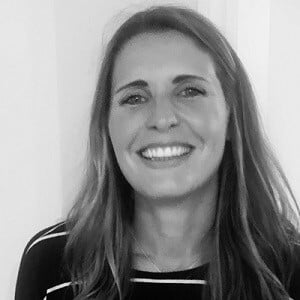Glucagon in Blood Sugar Control (OCR GCSE Combined Science A (Gateway)) : Revision Note
Glucagon
Higher Tier Only
The pancreas acts as an endocrine gland, secreting the two hormones required in glucoregulation
Insulin - which converts glucose to glycogen (which is insoluble so can be stored for later use)
Glucagon - which converts glycogen to glucose (for respiration)
Both hormones act to maintain the blood glucose levels within the optimum limits as part of a negative feedback cycle

A negative feedback cycle
If the blood glucose concentration gets too low
Cells in the pancreas detect the decreased blood glucose levels
The pancreas produces the hormone glucagon and secretes it into the blood
Glucagon causes the glycogen stored in the liver to be converted into glucose and released into the blood
This increases the concentration of glucose in the blood back to normal levels, at which point the pancreas stops secreting glucagon
If the blood glucose concentration gets too high
Cells in the pancreas detect the increased blood glucose levels
The pancreas produces the hormone insulin, secreting it into the blood
Insulin stimulates muscles and the liver to take up glucose from the bloodstream and store it as glycogen (a polymer of glucose)
This reduces the concentration of glucose in the blood back to normal levels, at which point the pancreas stops secreting insulin

Glucose is regulated by the action of hormones insulin and glucagon

You've read 0 of your 5 free revision notes this week
Sign up now. It’s free!
Did this page help you?
